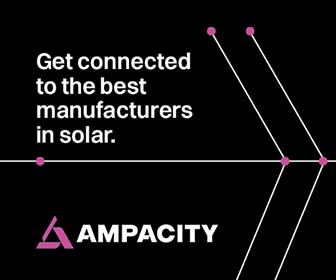ScottMadden Shares Proactive Solutions to Curtailment Risk: Identifying New Contract Structures for Utility-Scale Renewables
ScottMadden, Inc., one of North America's leading energy consulting firms, and the Smart Electric Power Alliance (SEPA) have partnered to develop a set of alternative curtailment approaches for Hawaii to consider and deploy that better manage curtailment risk and should result in more equitable power purchase agreements (PPAs) over the long term. The SEPA-ScottMadden report, "Proactive Solutions to Curtailment Risk: Identifying New Contract Structures for Utility-Scale Renewables," offers a new approach to PPAs.
Hawaii faces a unique risk with regards to curtailment of utility-scale wind and solar projects due to the high penetration of distributed solar on their system. Historically, curtailment has been done in "reverse chronological order," meaning the oldest (and, often, most expensive) projects are the least likely to be curtailed. This structure is not sustainable over the long term, as higher and higher curtailment risk becomes priced into projects and drives up customer cost.
Chris Vlahoplus, partner and clean tech & sustainability practice leader at ScottMadden, explains how PPAs are ripe for innovation, saying, "Current PPA deal structures encourage renewable generators to deliver available energy, regardless of grid operating conditions. One opportunity is to break the PPA into fixed and variable price components. This would allow a resource like solar to run below its maximum capacity and provide services, such as frequency regulation, to the electric grid."
"The Renewable Dispatchable Generation model also improves project economics by allocating the risk of potential revenue loss due to curtailment more equitably between renewable energy developers and utilities," said John Sterling, senior director of research and advisory services at SEPA.
The opportunity is discussed further in a recent SEPA blog post that outlines how changing solar PPAs could turn curtailed power into dispatchable resources. Here, Mahesh Morjaria, First Solar's vice president of systems development, shares his view of overproduction and curtailment, saying that he "sees some level of curtailment as implicit in utility-scale solar going forward." He continues, "If you need this variable generation, it should be used for other services-that's really the motivation from the financial perspective."
ScottMadden | www.scottmadden.com
SEPA | www.sepapower.org









.png?r=3256)


